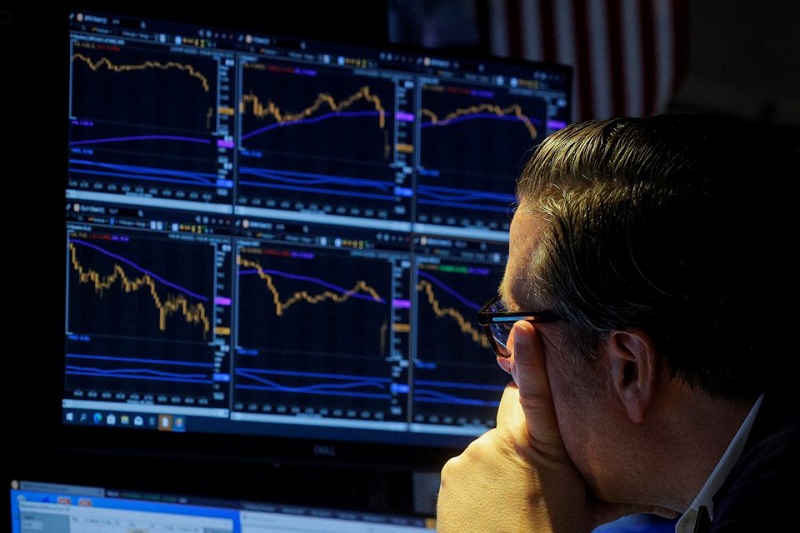September looms as a risk month for stocks, Yardeni says
Investing.com -- The European Union is considering reducing tariffs on U.S. fertiliser imports as part of trade negotiations with the Trump administration but has made it clear it will not compromise its strict food safety standards, EU agriculture commissioner Christophe Hansen Reuters reported on Friday.
Hansen indicated that lowering tariffs on American fertilisers is a viable option under discussion.
He said that this would be part of the negotiations and regarded such a move as a significant step forward and a meaningful offer to the United States.
He clarified that whether the final agreement results in zero tariffs or a reduction from current levels would be subject to further negotiation.
At present, U.S. fertilisers face EU tariffs of 5.5% on ammonia and 6.5% on nitrogen-based products, along with an additional €29.48 per tonne anti-dumping duty on urea ammonium nitrate (UAN).
UAN accounted for approximately 75% of EU imports of U.S. fertilisers last year, according to EU trade data.
Reducing these tariffs could potentially increase European purchases of American fertilisers, particularly as the EU seeks to lessen its dependency on Russian supplies.
Data shows that in 2023, 24% of the EU’s nitrogen fertiliser imports came from Russia, while the U.S. contributed 8%.
Hansen expressed the view that most Europeans would prefer sourcing fertilisers from the United States rather than Russia.
The EU is set to impose rising tariffs on Russian nitrogen-based fertilisers, reaching 100% over three years, a level that would effectively halt trade valued at €1.3 billion ($1.5 billion) annually.
Hansen also conveyed the EU’s willingness to explore increased imports of hormone-free beef from the United States, as well as a potential zero-for-zero tariff agreement covering wines from both sides.
While saying the EU would not consider rolling back its high food safety and quality standards, he also noted that a trade agreement would not mean letting the standards slip.
Although the EU remains open to discussions about other products and issues, its regulatory standards are non-negotiable.
